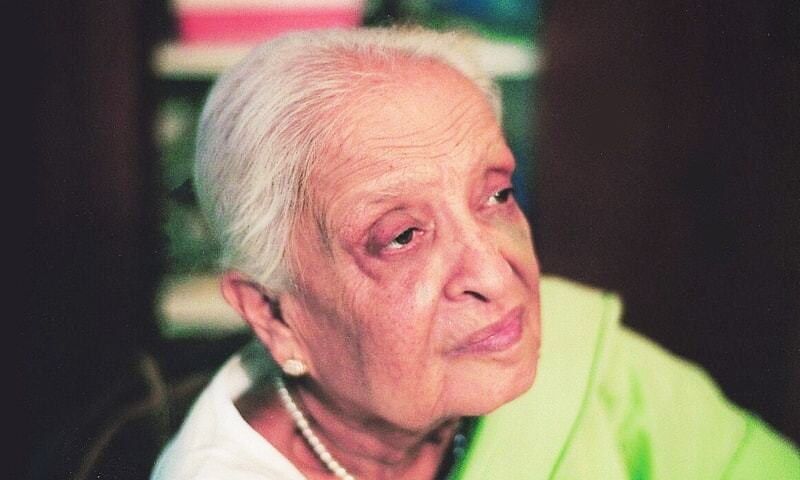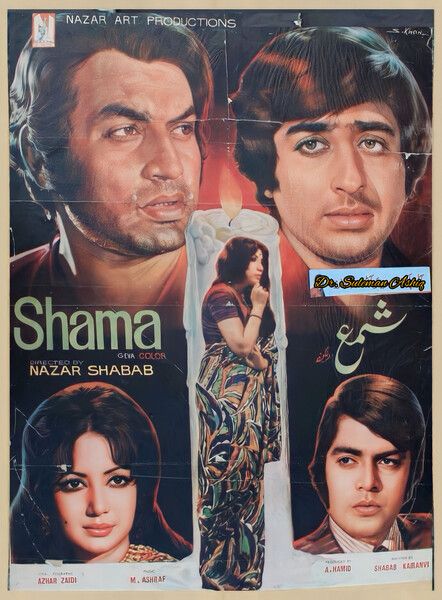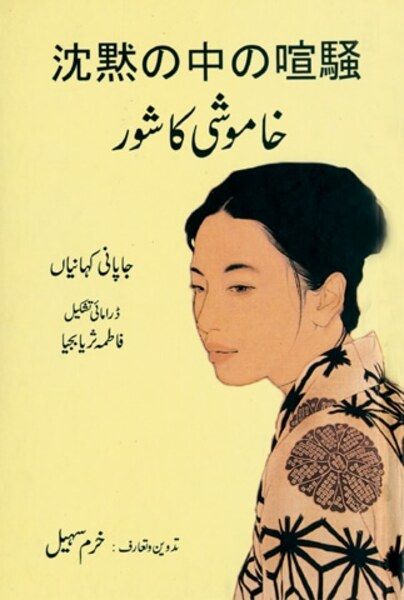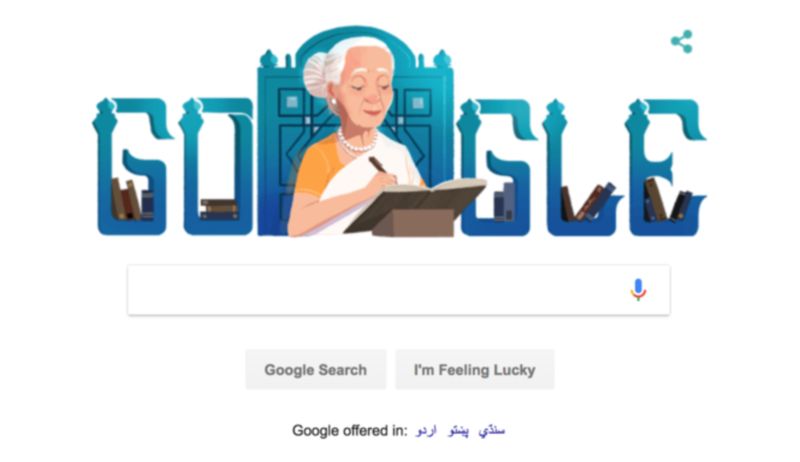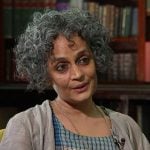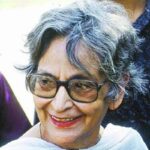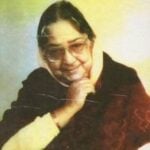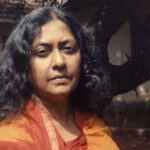Fatima Surayya Bajia Age, Death, Family, Biography
Quick Info→
Hometown: Karachi
Age: 85 Years
Death Date: 10/02/2016
| Bio/Wiki | |
|---|---|
| Profession(s) | Playwright, Novelist |
| Career | |
| Awards | • 1966- Pride of Performance Award • 1979- Special Nigar Award for her contribution towards television • 1985- Nigar Award for Best Writer • 2013- Hilal-i-Imtiaz |
| Personal Life | |
| Date of Birth | 1 September 1930 (Monday) |
| Birthplace | Panj Bibi Mountain, Raichur, Hyderabad State, British India (now Raichur, Karnataka, India) |
| Date of Death | 10 February 2016 |
| Place of Death | Karachi |
| Age (at the time of death) | 85 Years |
| Death Cause | Throat Cancer |
| Zodiac sign | Virgo |
| Nationality | • British Indian (1 September 1930 - 15 August 1947) • Indian (15 August 1947 - 1948) • Pakistani (1948 - 10 February 2016) |
| Hometown | Karachi |
| School | Homeschooled |
| Educational Qualification | Class 12 |
| Religion | Islam |
| Relationships & More | |
| Marital Status (at the time of death) | Divorced |
| Family | |
| Parents | Father- Ghulam Qadir (Deceased) (Writer, Journalist) |
| Siblings | Brothers- Anwar Maqsood (Actor, Writer, Humourist), Ahmed Maqsood (Deceased) (Government Officer), Amir Maqsood Hameedi Sisters- Zubaida Tariq (Deceased) (Chef), Sughra Kazmi (Fashion Designer), Sara Naqvi (Deceased) (Fashion Designer), Zehra Nigah (Urdu Poet) |
| Other Relatives | • Bilal Maqsood (Singer, Musician) (Nephew) • Imrana Maqsood (Sister-in-Law) |
| Favourites | |
| Cuisine | Burmese |
Some Lesser Known Facts About Fatima Surayya Bajia
- Fatima Surayya Baija moved to Karachi, Pakistan with her family in 1948. At the time of migration, her family’s baggage included 80,000 books as they all were very literate.
- She was tutored by her grand maternal uncle Nawab Nisar Ahmed Khan.
- A senior officer of the Indian Army helped Fatima’s family take a train to Bombay (now Mumbai) from where they sailed by the SS Damra to Karachi.
- Fatima Surayya Bajia was 13 years old when she began her journey of writing and she wrote a novel named ‘Muslim Samajh.’
- Fatima got married at the age of 17 and dealt with a broken marriage as well as 2 stillborn babies.
- After her divorce, Bajia decided to only wear white clothes.
- Bajia’s mother passed away within the first decade of the India-Pakistan partition and her father passed away in 1953 which is why Bajia had the sole responsibility of bearing the expenses of her family and home as she was the eldest among her siblings.
- In order to make ends meet for her family, Fatima Surayya Baija started making dolls and later designed and embroidered clothes. She also started teaching children.
- Bajia was among the first clothing designers in the country of Pakistan. Her services were used by the All Pakistan Women’s Association at the Gul-i-Raana Club in Karachi in the mid-90s.
- In 1960, Fatima started writing for an Urdu daily newspaper and later shifted to writing radio scripts.
- In the 1960’s, once her flight to Karachi was delayed and she had enough time to roam around. Bajia went to the Pakistan Television Corporation’s Islamabad station and that was when Director Agha Nasir hired her.
- Director Agha Nasir cast Bajia as an actress in 1966 in one of his plays.
- After trying her hand at acting, she realised that being behind the curtain was what she liked more than being on stage and that’s when she decided she would never act in a play ever again.
- In 1974, Fatima Surayya Baji wrote the screenplay of the Pakistani television series titled ‘Shama’ which was based on the novel of the same name which was written by A.R Khatoon.
- Fatima Bajia wrote many Pakistani TV series’ screenplays including ‘Afshan’ (1981), ‘Aroosa’ (1994) (also known as ‘Uroosa’), ‘Zeenat’ (1991), and ‘Ana’ (1984).
- In 1980s, under the rule of the former president of Pakistan Zia-ul-Haq, the ‘dupatta policy’ was implemented and women were forced to behave a certain way. At that time, Fatima wrote about independent and rebellious characters who would not follow any such rules which inspired women around the globe.
- In 2003, Fatima Surayya Baija was diagnosed with throat cancer as she was habitual to tobacco-filled paan and used to consume it in high quantities.
- She had a fascination for Japanese literature. Fatima Surayya Bajia wrote poetry in the Japanese-style Haiku and popularised it in the country.
- Bajia also adapted Japanese short stories and novels into stage plays in the Urdu language and one of them was the book titled ‘Khamoshi ka Shor — Japani Kahaniyan.’
- Bajia used to conduct musical programmes and one of them was ‘Sakal Ban Phool Rahi Sarson’ which included songs written by Indo-Persian Sufi singer Amir Khusro 700 years ago.
- Zehra Nigah, Bajia’s younger sister used to do the commentary of the musical programmes conducted by Bajia.
- Fatima Surayya Bajia used to help the staff of PECHS School for Girls of Karachi in organising the poetry events and mushairas (social gatherings where Urdu poetry is recited by different poets).
- On 1 September 2018, to commemorate her 88th birthday, Google released a Google Doodle celebrating her life and work.

